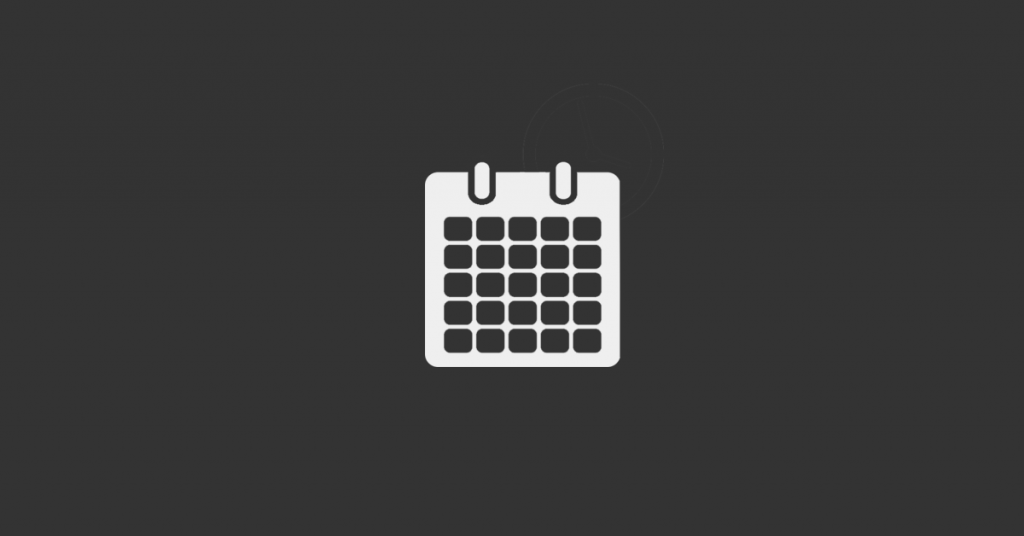If you earn health insurance benefits through your employer, you’re a member of a lucky cadre of American workers. Many employers have stopped providing such benefits to their employees. Others require the employees who sign up for their employer-sponsored group plans to cover the full cost of their premiums. Although group plans tend to cost somewhat less than single-coverage plans, this still represents a tremendous surcharge for most workers. In fact, many employers that have stopped providing health benefits have effectively given their workers across-the-board pay cuts.
As a fortunate worker who continues to draw health insurance benefits through your employer, you’ll need to be aware of the tax implications of your employer-sponsored premium payments. Since you’re eligible to claim a sizable tax deduction on your post-tax health insurance contributions, it’s important that you determine the tax status of your specific employer-sponsored plan.
 Health Insurance Premiums, Pre-Tax, or Post-Tax Earnings?
Health Insurance Premiums, Pre-Tax, or Post-Tax Earnings?
Most employer-sponsored health insurance plans adhere to an IRS regulation known as “Section 125.” In popular terminology, plans that adhere to Section 125 are known as “cafeteria plans.” This colloquialism can be traced back to the formative years of the Section 125 statute. Since this particular regulation was designed to cover the employer-led issuance of health insurance benefits as well as several other types of insurance, it was referred to as an “all-you-can-eat” plan. Over time, the phrase morphed into the somewhat more refined “cafeteria plan” designation that remains in use today.
If you have a “cafeteria plan,” your health insurance benefits are almost certainly taken out of your pre-tax pay. In other words, they come directly out of your gross income. Once these premiums have been subtracted from your weekly pay and forwarded to your health insurance provider, your employer will withhold your regular federal income taxes from the remaining balance. You’ll only be required to pay federal and state withholding taxes on your “post-insurance” income. Unfortunately, this means that you can’t claim your “cafeteria plan” health insurance premiums as a tax deduction. After all, you never paid taxes on that portion of your income.
Am I Able to Write Off Health Insurance Premiums for Tax Purposes at the End of the Year?
In order to confirm that your health insurance premiums were deducted from your gross pay, look at the “FICA” and “Medicare” sections of your pay stub. If the value of your FICA-eligible income is higher than the value of your withholding income, your premiums are “pre-tax.” If your FICA-eligible income is identical to your withholding income, your premiums are “post-tax.” In the second instance, you’ll be able to claim them as a deduction.

 Health Insurance Premiums, Pre-Tax, or Post-Tax Earnings?
Health Insurance Premiums, Pre-Tax, or Post-Tax Earnings?